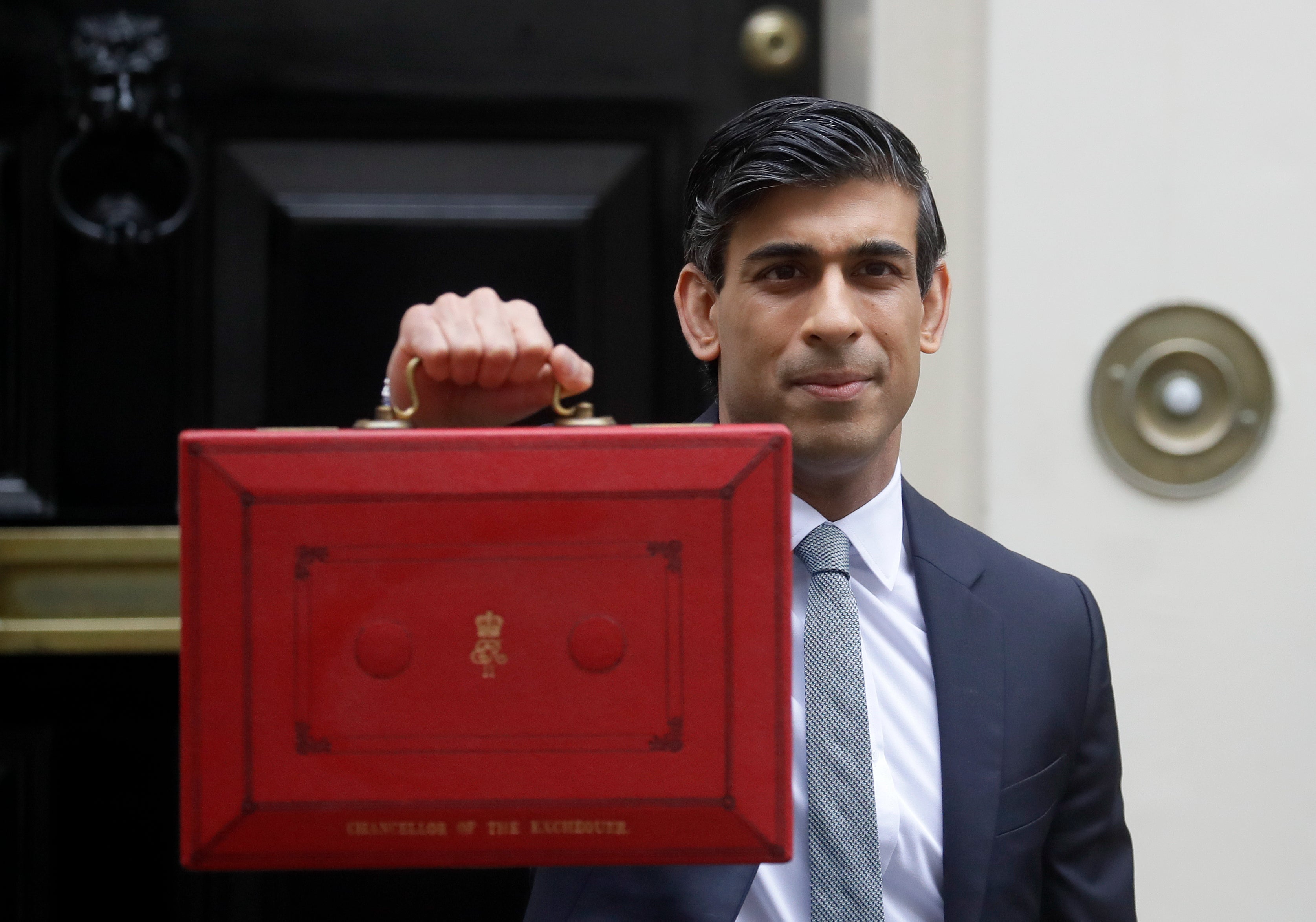Sunak’s furlough taper will result in unnecessary job losses
Financially weakened firms may have to axe staff rather than contribute to the job retention scheme. The chancellor should let a recovering economy create a natural taper through employers bringing people off furlough, says James Moore


It’s a sad state of affairs when, even in the midst of an unprecedented crisis, the government puts news management above the economy and the jobs of people working in it.
While chancellor Rishi Sunak extending the job retention scheme, popularly known as the furlough, is very welcome, the decision could and should have been taken when Boris Johnson unveiled his reopening roadmap a couple of weeks ago.
Holding back until the eve of the budget so Sunak could start his show with a bang meant the virus of uncertainty was allowed to continue spreading in the economy.
Make no mistake, this will have cost some people their jobs. Some employers, particularly small ones with little in the way of reserves, will have decided that that they lacked the headroom to wait for the chancellor to have his moment in the spotlight, and swung the axe.
But the bigger problem with the announcement is the reintroduction of a taper, as happened at the end of the summer before the second wave of Covid-19 rained down on the nation.
Employers will be asked to contribute 10 per cent towards their furloughed staff’s pay in July and then 20 per cent in August and September.
The intention is to wean employers off the state’s support and turn the much-discussed cliff edge created by the scheme’s eventual closure into more of a slope, although it will still be a steep one when the furlough comes to an end.
On the face of it, this seems sensible and the idea has powerful supporters. But there are two very big problems with it.
The first is that employers hit hard by the pandemic will be in a very much weaker position now than they were last year, when the taper was last introduced before the second wave scrapped the government’s plans to phase out the scheme.
Their ability to pay 10, and then 20, per cent of the furlough bill after the cycle of stop-start lockdowns and restrictions they’ve endured will be much lower than it was.
The second problem is that while it is hoped that the economy should be mostly open again in July when the taper kicks in, and fully open in August and September, that doesn’t mean its constituents will be fully up to speed.
It bears repeating that businesses do not go from 0 to 60 overnight, especially when they’re financially strained. And the confidence of consumers will play a role in the success of reopening too.
I’m currently in the process of researching a follow-up to my piece on Britain’s embattled music venues, to be published in August.
While Camden’s Roundhouse is operated by a non-profit, it nonetheless provides a good illustration of the dilemmas employers will be facing.
Even with the furlough, it has had to make redundancies, a situation that’s far from unusual.
The venue therefore won’t be able to reopen until it has hired, and trained, replacements for the staff who were laid off. This inevitably takes time and creates a difficult balancing act. If the organisation hires too early, and the reopening timetable slips due to the activity of an unpredictable virus, it runs the risk of having people on the payroll when it isn’t generating the revenue needed to cover their wages.
CEO Marcus Davey described the furlough as “a godsend” when we spoke before its extension, and it will surely have helped. But it’s a furlough with a sting in the tail that will leave employers with little in the way of revenues through the early part of the reopening on the horns of a nasty dilemma.
Do the perceived benefits of the taper, in terms of weaning employers off state support, outweigh the economic costs? I would argue that they do not, and that Sunak should have given more weight in his deliberations to the weakened state of furlough beneficiaries this time around.
If the reopening does proceed as planned, and consumers start spending and the economy recovers, employers will start to generate revenues and steadily reduce the number of staff they have on furlough.
Employers will then wean themselves off state support, creating a natural taper for the scheme; a better type of taper that will protect more jobs. Sunak should think again.



Join our commenting forum
Join thought-provoking conversations, follow other Independent readers and see their replies
Comments